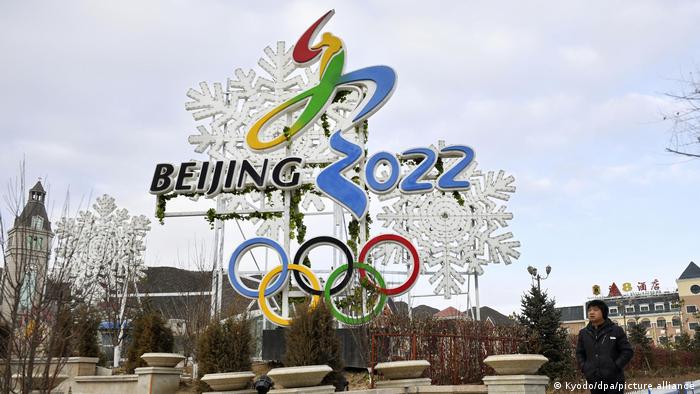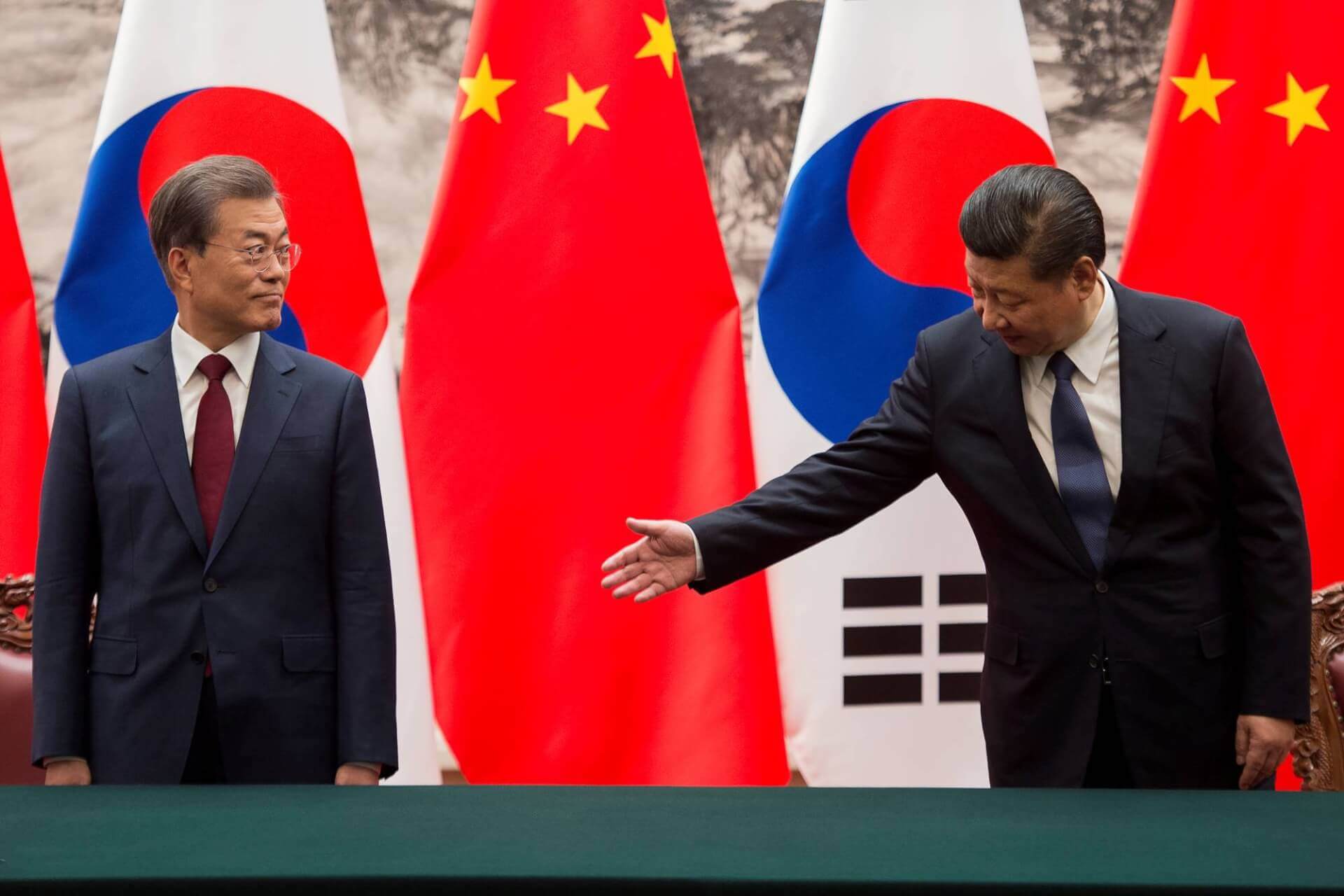South Korea has refused to join the United States (US)-led diplomatic boycott of the 2022 Beijing Winter Olympics, citing the need for China’s help in the denuclearisation on the Korean Peninsula.
During a four-day visit to Australia, South Korean President Moon Jae-in told reporters in Canberra after his summit with Prime Minister Scott Morrison on Monday that although South Korea wishes to promote a free and open Indo-Pacific region, it must also consider China’s role in trying to bring peace to the Korean Peninsula.
“Clearly, our relations with China have some conflicting and competing aspects,” but China’s “constructive efforts” are required “to enable denuclearisation of DPRK” and for the “peace and stability on the Korean Peninsula,” he said, referring to North Korea’s official name, the Democratic People’s Republic of Korea.
Moon stressed that his government is “not considering” a diplomatic boycott of the Games and that it hasn’t “received any requests from any countries, including the US” to do so. He added that Seoul wants a harmonious relationship with Beijing.

At this stage, the US, Australia, the United Kingdom (UK), Canada, and Lithuania are among the countries to have announced a diplomatic boycott of the Winter Olympics due to human rights abuses in Xinjiang and Hong Kong. New Zealand has also decided to boycott the games due to the COVID-19 pandemic.
Similarly, it is being speculated that senior Japanese Cabinet ministers will also join Western powers in the diplomatic boycott of the upcoming sporting event. The US ally, which relies on China as its biggest trading partner, may instead send a lower-level delegation. A formal decision on the matter is likely to be made by the end of the month.
On the flip side, France, which will host the Summer Olympics in Paris in 2024, has refused to join the diplomatic boycott of the Beijing Winter Olympics. President Emmanuel Macron said last week that doing so would be “insignificant” and simply symbolic in nature. Italy has also refused to follow the US’ lead, while Russian President Vladimir Putin has already accepted an invitation to the Games. At the same time, United Nations Secretary-General António Guterres has also accepted the invitation to attend the Games.
While human rights groups have backed the US’ efforts to lead a diplomatic boycott of the games, China has accused the West of political posturing. It has warned of “firm countermeasures” and has claimed that those protesting the Games will “pay the price.”

